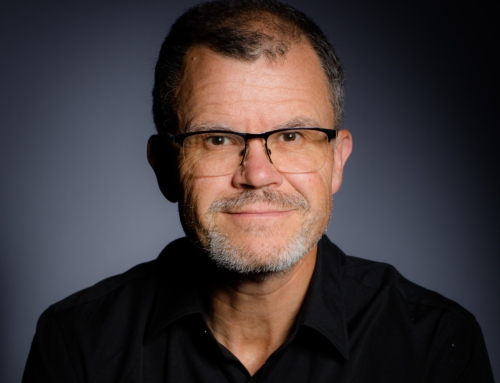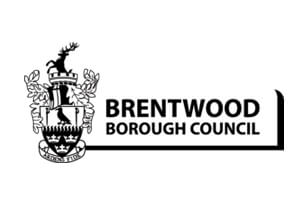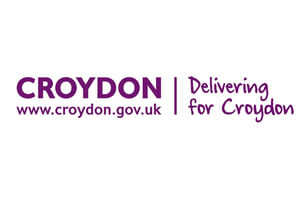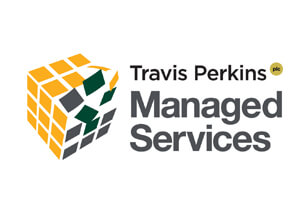What do you understand by the term financial wellbeing?
How do you feel about money? That was the subject of the third session in our wellbeing programme, delivered by Svenja Keller, a Chartered Financial Planner and coach and independent adviser for money and life.
The workshop, focused on supporting attendees to take control of their finances, and was split into three sections – financial wellbeing; building knowledge, and money mindset.
Attendees were asked what they understand by the term financial wellbeing and Svenja explained that it applies to everyone – rich and poor. Chasing wealth won’t necessarily make you happy or worry less or give you financial wellbeing, she explained.
Making the most of your money
Financial wellbeing is about making the most of your money (financial planning, long-term strategy, balancing now and the future), feeling secure (financial resilience and protecting against worst case scenarios) and feeling in control (understanding your plan, confident to deal with change).
Creating a positive mindset and then creating habits and good behaviours around that is key, she said.
Attendees looked at the aspects of a financial plan and the importance of balancing living your life now with planning for the future – retirement, long-term care etc. They were asked to start to build a budget spreadsheet, tracking essential and discretionary expenditure.
Svenja also gave a whistlestop tour of investment opportunities and where to get advice, and finished the section by signposting a range of external tools for obtaining further advice on pensions, debt management, budgeting etc.
Money and emotions
The final section focused on money and emotions, looking at people’s relationship with money, money habits and the money-stress cycle.
“Always think about emotions and feelings when thinking about money, as not doing so can lead to bad habits and poor decision making,” she said.
Attendees were asked to consider the first thing they think of when they hear the word “money”, whether their initial thoughts are positive or negative and what money beliefs are behind these thoughts.
They explored how their parents or main caregivers were with money and how that has shaped their attitude to money, identifying the gap between their current and desired attitude to money and what actions can be taken to bridge this gap.
Taking action to improve financial wellbeing
Svenja talked about changing bad money habits such as spending more than you earn, borrowing to finance non-essentials, lack of planning etc and highlighted good habits including tracking expenditure, mindful spending, goals and saving towards them setting up an emergency fund.
Attendees were asked to consider to what extent the money-stress cycle applies to them, how they will address stress factors in their life and how they will take control of their finances.
The session ended with a call for attendees to list the aspects that resonated with them and will motivate them to take action to improve their financial wellbeing.
Read next: Exploring the benefits of nutritional therapy
































